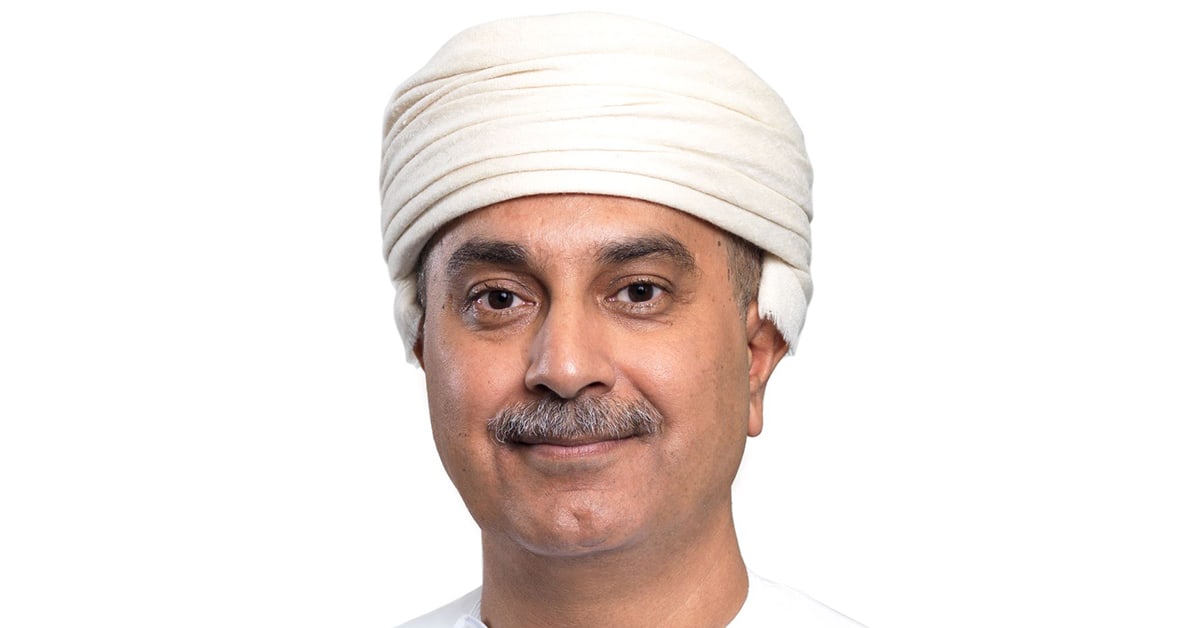Sheikh Waleed K. Al Hashar, CEO of Bank Muscat, discusses the challenges of operating during the pandemic and how Omani banks will meet customer needs going forward.

Global Finance: How did the Omani banking sector come through the crises of 2020?
Sheikh Waleed K. Al Hashar: The year 2020 was challenging on multiple fronts, given the unprecedented effects of the Covid-19 pandemic and continued pressure on oil prices. The government launched a number of relief initiatives to meet these challenges. Last March, the Central Bank of Oman announced a comprehensive incentive package to inject additional liquidity into the economy. Key economic relief measures included the lowering of capital conservation buffers, an increase in the required lending ratio, the deferment of loan installment and interest, a reduction in interest rates on repo operations, a reduction in charges for overseas remittances and a longer deadline for submission of audited financial statements by borrowers. The banking sector has been largely resilient thanks to these timely and proactive measures.
GF: What measures has the bank taken?
Al Hashar: As the leading financial services provider in Oman, Bank Muscat’s focus was on safety, security and sustainability. It was important to be calm as we navigated multiple challenges, and this message was cascaded to all employees. During the lockdown period, we continued providing critical services and donated over $2.7 million to the health care sector for the purchase of emergency medical supplies. Contactless point-of-sale payments and other digital services were encouraged, to promote public health and safety.
To mitigate the potential risks arising from the unprecedented economic situation, Bank Muscat redesigned its business strategy on the basis of its robust credit evaluation framework. The key endeavor was to adopt a systematic approach to building our asset base without compromising on credit quality and profitability. With a view to improving portfolio quality, we gave special attention to borrowers, requiring proactive steps for solutions whilst continuing to focus on customers with a better risk profile as we grew the asset book.
GF: How is the Omani banking sector evolving? Where is growth in the local market?
Al Hashar: Increased digitalization and customers’ expectations of a superior experience have led banks to invest considerably in digital platforms. These initiatives are helping address numerous customer needs, including delivery of a personalized experience, intelligent solutions, protection against cyber fraud and ease of digital interactions. As the leading financial services provider in the country, Bank Muscat is proud to spearhead this change.
Improving financial inclusion is also of great importance to us. In 2020, we launched a first-of-its-kind-in-Oman banking-services package for pensioners that helps them adjust to a new phase in their lives. Our experience in partnering with small to medium-sized enterprises has enabled us to develop nontraditional techniques for assessing credit risk and providing appropriate solutions distinct to their needs. Special limited-period loans were offered for the benefit of micro and small-sized businesses to help them weather pandemic-related challenges. We also achieved tremendous success in offering digital solutions to our government and corporate customers. Bank Muscat processed transactions worth more than $5.2 billion last year on its corporate online banking platform.
GF: What role has Islamic banking played?
Al Hashar: Islamic banking entities have made remarkable progress since 2013, contributing to financial intermediation in Oman. The introduction of Islamic banking has contributed to improvement in overall efficiency in banking services, through competition and the provision of alternative financial instruments to niche clients. Meethaq Islamic Banking from Bank Muscat retains its industry-leading position in terms of asset size, deposit base and customer portfolio as well as branch network and distribution channels.
GF: Do you see banking consolidation happening in Oman?
Al Hashar: Traditionally, mergers have been considered beneficial, as they can offer economies of scale to participants. However, mergers can have their own challenges in terms of managing and merging different work cultures, attitudes, processes, decision-making and turnaround time.
In Oman, maintaining asset quality and portfolio diversification will be a continuing focus for the banking sector. Consolidation moves by different players in the market will have to take into account the nuances of the country’s financial services ecosystem. As long as it is well managed, consolidation can help banks boost their local and regional presence.



